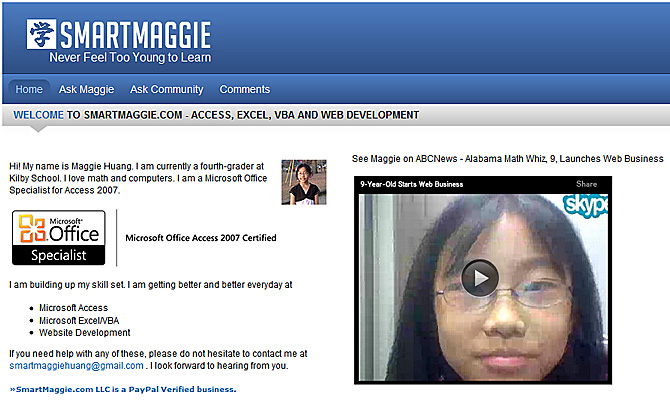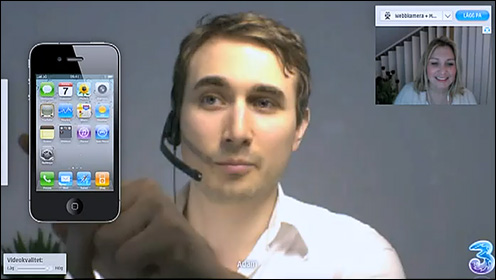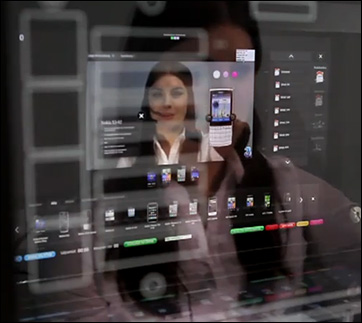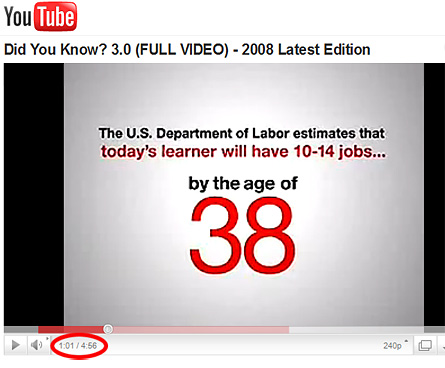
Addendum #1 – 4/18/11:

and

Addendum #2 – 4/18/11:
Finally, here are some potentially-effective ideas on how to fix Congress:
Congressional Reform Act of 2011 (If passed, this will eliminate many current problems).
1. Term Limits.
12 years only, one of the possible options below..
A. Two Six-year Senate terms
B. Six Two-year House terms
C. One Six-year Senate term and three Two-Year House terms
2. No Tenure / No Pension.
A Congressman collects a salary while in office and receives no pay when they are out of office.
3. Congress (past, present & future) participates in Social Security.
All funds in the Congressional retirement fund move to the Social Security system immediately. All future funds flow into the Social Security system, and Congress participates with the American people.
4. Congress can purchase their own retirement plan, just as all Americans do.
5. Congress will no longer vote themselves a pay raise. Congressional pay will rise by the lower of CPI or 3%.
6. Congress loses their current health care system and participates in the same health care system as the American people.
7. Congress must equally abide by all laws they impose on the American people.
8. All contracts with past and present Congressmen are void effective 1/1/11.
The American people did not make this contract with Congressmen. Congressmen made all these contracts for themselves.
Serving in Congress is an honor, not a career. The Founding Fathers envisioned citizen legislators, so ours should serve their term(s), then go home and back to work.


















